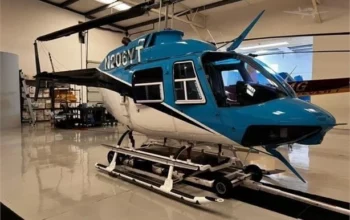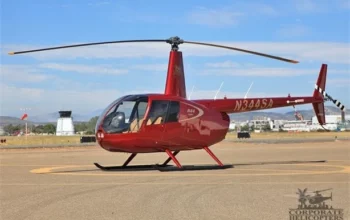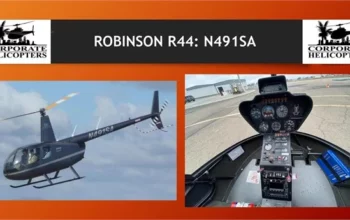Sikorsky, a Lockheed Martin company, today unveiled its plan to build, test and fly a hybrid-electric vertical takeoff and landing demonstrator (HEX / VTOL) with a tilt-wing configuration.
The design is the first in a series of large, next generation VTOL aircraft — ranging from more traditional helicopters to winged configurations — which will feature varying degrees of electrification, and an advanced autonomy system for optionally piloted flight.
“We never stop innovating at Sikorsky,” said Sikorsky president Paul Lemmo. “Autonomy and electrification will bring transformational change to flight safety and operational efficiency of large VTOL aircraft. Our HEX demonstrator program will provide valuable insights as we look to a future family of aircraft built to the scale and preferred configurations relevant to commercial and military customers.”
The HEX program will put a premium on greater than 500 nautical mile range at high speed, fewer mechanical systems to reduce complexity, and lower maintenance costs.

Sikorsky Innovations, the company’s prototyping group, and GE Aerospace are finalizing designs to build a hybrid-electric power systems testbed with a 600kW electric motor. The testbed is a first step to evaluate hover performance of the follow-on HEX demonstrator — a 9,000-pound maximum gross weight aircraft with 1.2MW-class turbogenerator and associated power electronics.
“Within Sikorsky’s electric pillar, we are designing electric motors, power electronics and our own vehicle management hardware and actuation,” said Igor Cherepinsky, Sikorsky Innovations director.
“HEX will integrate these components, showcase the growing maturity of our MATRIX autonomy suite, and the potential for maintenance-free systems. Seeing the results will lead us to more efficient overall designs.”
Sikorsky Innovations was formed in 2010 to overcome technological challenges to rotary wing speed, autonomy, and intelligence.
This press release was prepared and distributed by Sikorsky.









